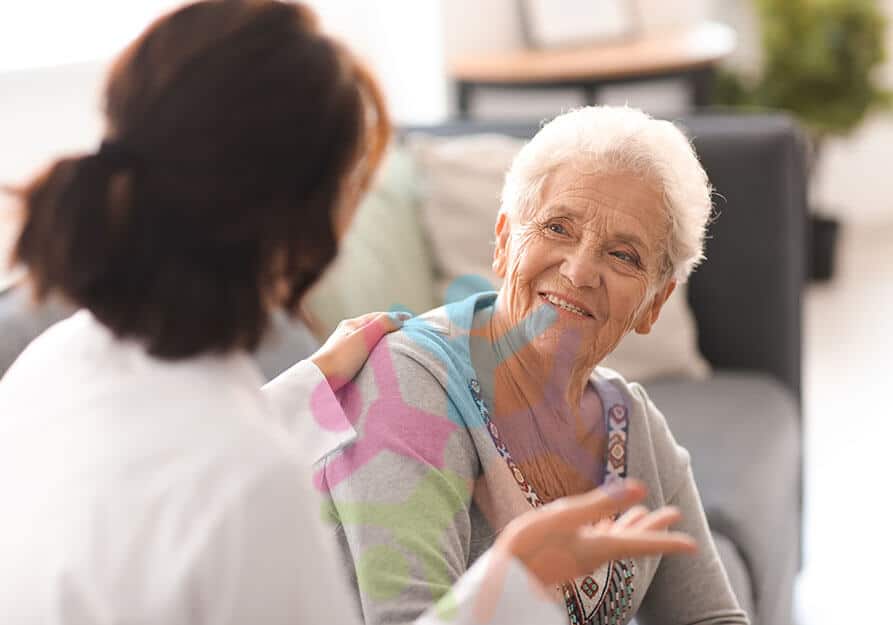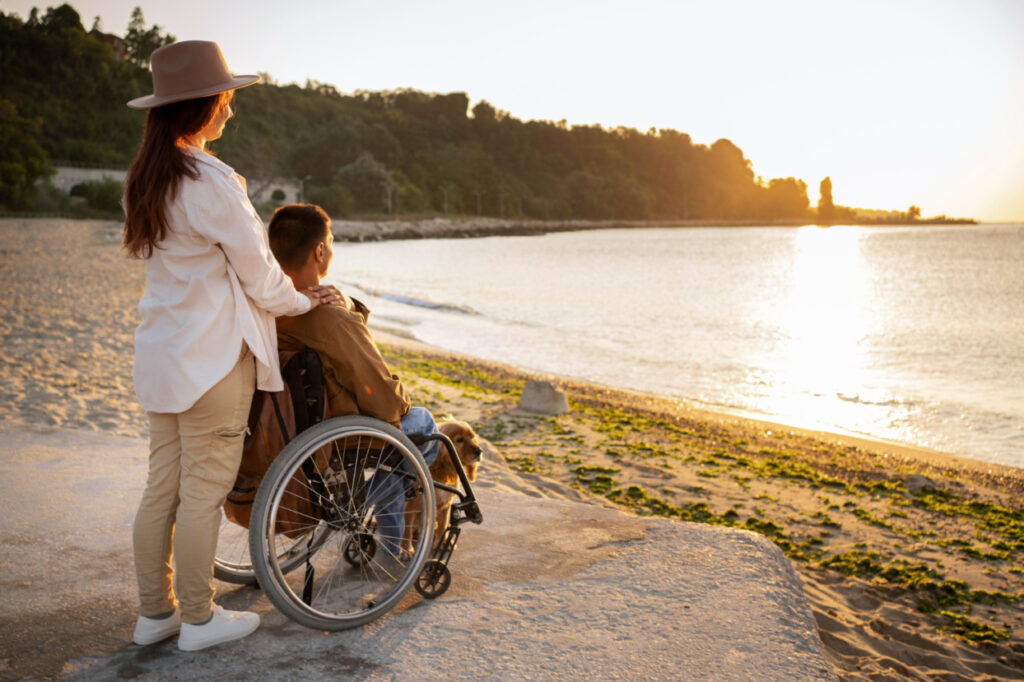Given the current COVID-19 outbreak, Australian Health Department has come up with a bunch of advices & propositions which should be abide by all the aged care residents, aged care service providers & visitors of residential aged care.
AGED CARE RESIDENTS
- People who live in residential aged care services have an important role to play in protecting their own health.
- In addition to practising good hygiene and social distancing, residential aged care facilities will restrict visits.
- They will also postpone large group visits, gatherings, and external excursions.
- Aged care providers will help residents stay connected with family and friends by phone and video calls.
- If you develop symptoms of COVID-19, you will be kept separate from other people and will not be able to see visitors.
- Health care and aged care workers will continue to provide support and care for you while you are isolated.
- If you need to leave your room, such as for medical care, you will be given a surgical mask. Health care workers will provide masks to you.
- Residents who are well do not need to wear a mask.
ADVICE FOR AGED CARE SERVICE PROVIDERS
The Australian Government has announced that residential aged care service providers should take extra precautions to keep residents safe from COVID-19.
Elderly Care Services will:
- closely monitor the health of staff
- screen new and returning residents before entry
- put up signs and explain the steps they are taking to protect residents’ health
To make more workers available, the Government is relaxing international student visa work conditions for aged care facilities and home care providers.
This will allow international student nurses and other aged care workers to work more than 40 hours a fortnight. There are currently around 20,000 international student nurses studying in Australia.
Preventing the spread of corona virus
Practising good hand and sneeze/cough hygiene is the best defense against most viruses. You should:
- wash your hands frequently with soap and water, including before and after eating, and after going to the toilet
- cough or sneeze into your elbow, dispose of tissues straight away, and wash your hands
- avoid contact with others by ‘social distancing’ – stay more than 1.5 metres away from people whenever possible
ADVICE FOR AGED CARE VISITORS
Some people cannot visit a residential aged care facility:
- Visitors who have returned from overseas in the last 14 days
- Visitors who have been in contact with someone confirmed to have COVID-19 in the last 14 days
- Visitors with a fever or symptoms of a respiratory illness
- Children 16 years and under, except in special circumstances
- From 1 May, you must have your influenza vaccination in order to visit an aged care facility.
- Visits should be short and conducted in the resident’s room, outside, or in a specific designated area (not a communal space).
- Each resident may have no more than 2 visitors at a time, including doctors.
If you don’t absolutely have to go to support a resident in care, please don’t. It’s best to keep in touch by:
- phone calls
- video calls
- sending a postcard
- sharing photos, artwork, or short home videos
This will limit your exposure to COVID-19 and your chances of accidentally spreading it to the other older people in your life.
If you regularly visit someone living with a cognitive impairment, consider other ways to maintain social contact to help reassure people who may feel anxious about possible changes to their day to day life.
All visitors need to:
- wash their hands before entering and leaving a resident’s room
- stay 1.5 meters away from residents where possible
- stay away when unwell
While corona virus is of concern, it is important to remember that most people displaying symptoms such as fever, cough, sore throat or tiredness are likely suffering with a cold or other respiratory illness – not COVID-19.
If you have questions, you can call the National Corona virus Helpline at 1800 020 080 (open 24 x 7).










